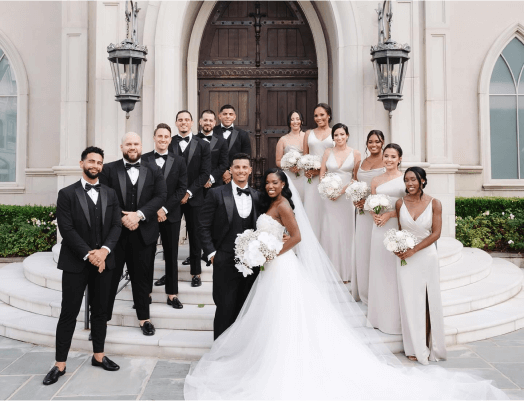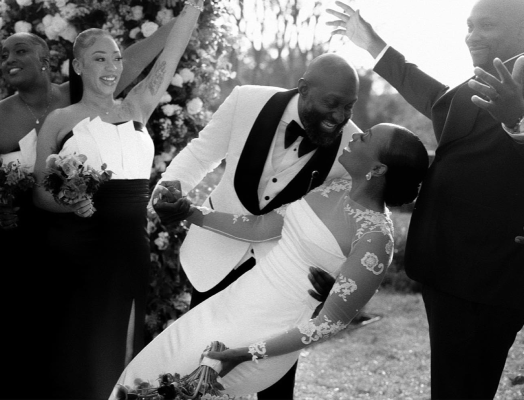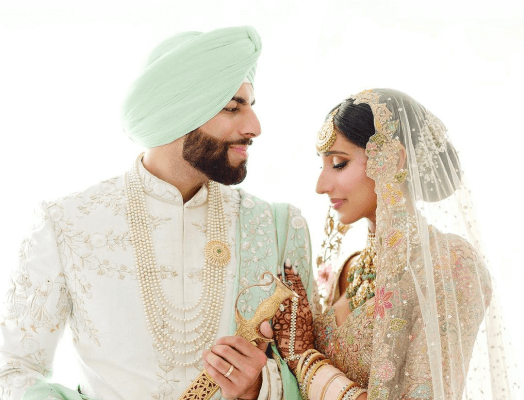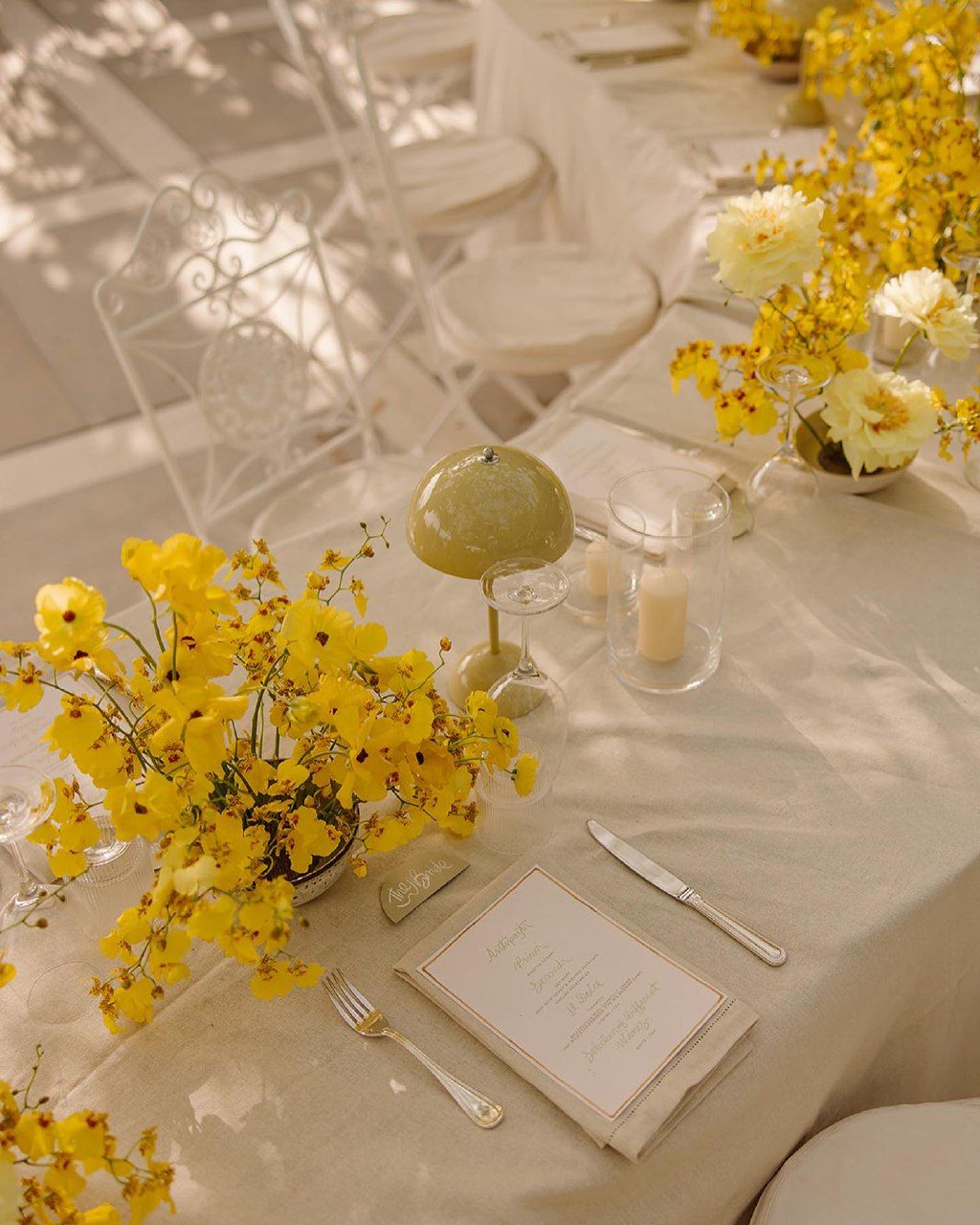What is Considered a Micro-Wedding
- Author: Natali Grace Levine
- Reading time: 7 min 31 sec
- Publication date: 06/15/2024
- Updated: 08/06/2025
Welcome to the intimate world of micro-weddings, where less is definitely more! As we navigate the evolving landscape of nuptials, many couples are turning to smaller, more personal celebrations. A micro-wedding allows you to enjoy your special day with a select few, ensuring that each moment is filled with meaning and cherished memories. If you're curious about scaling down your guest list without skimping on style and substance, you've come to the right place. Let's dive into the delightful details of micro-weddings and discover why they might just be the perfect fit for your big day!
Find Your Perfect Wedding Vendors
What Is a Micro-Wedding?
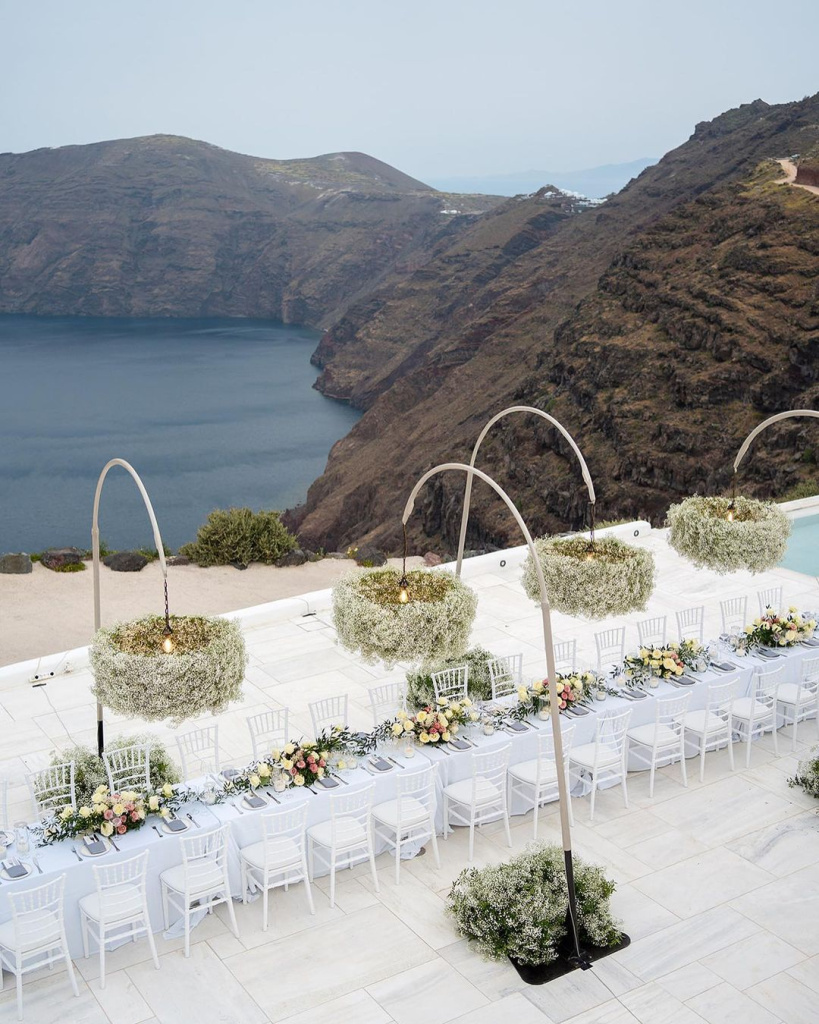
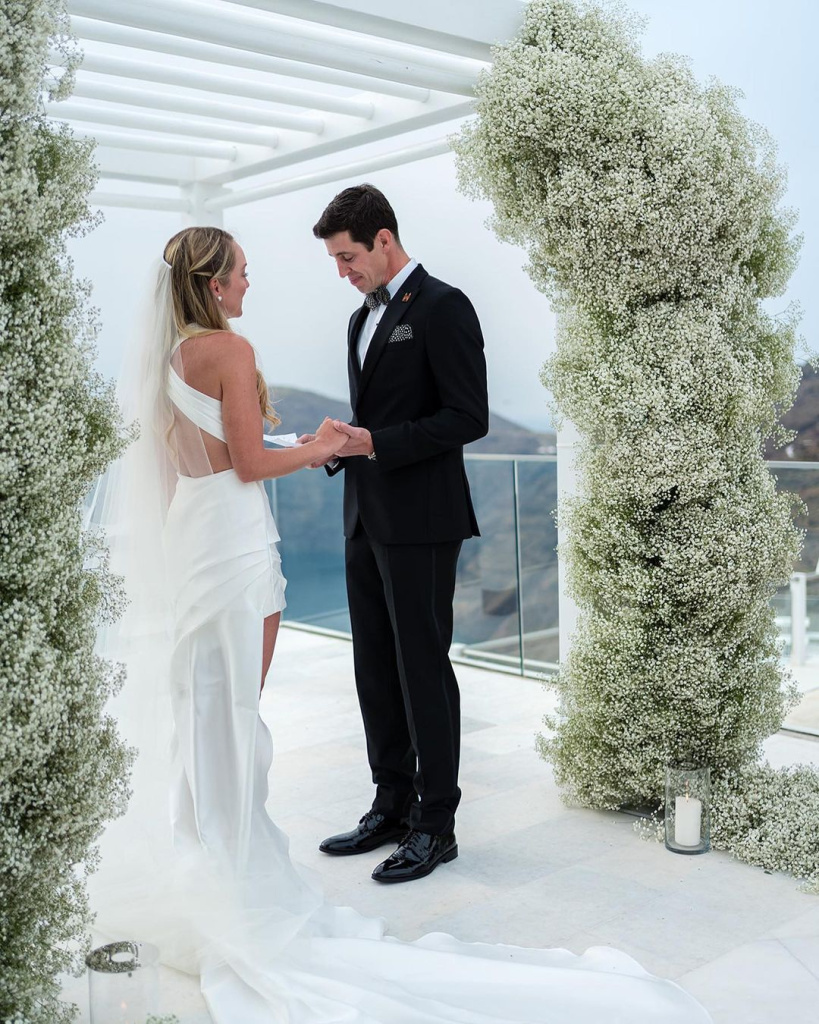
A micro-wedding is like the sweet spot between a traditional wedding and an elopement. Typically involving around 15 to 50 guests, it maintains the structure of a traditional ceremony and reception but on a much smaller scale. This type of wedding is perfect for couples who prefer a more intimate setting, allowing for more personalized experiences and interactions with each guest.
A micro-wedding isn't just about cutting down the guest list—it's about enhancing the quality of the day. With fewer guests, couples often have more flexibility with their budget, opting for luxurious details that might not be feasible on a larger scale. Think gourmet dining, extravagant floral arrangements, and unique venues that cater to smaller groups.
What Is a Minimony?
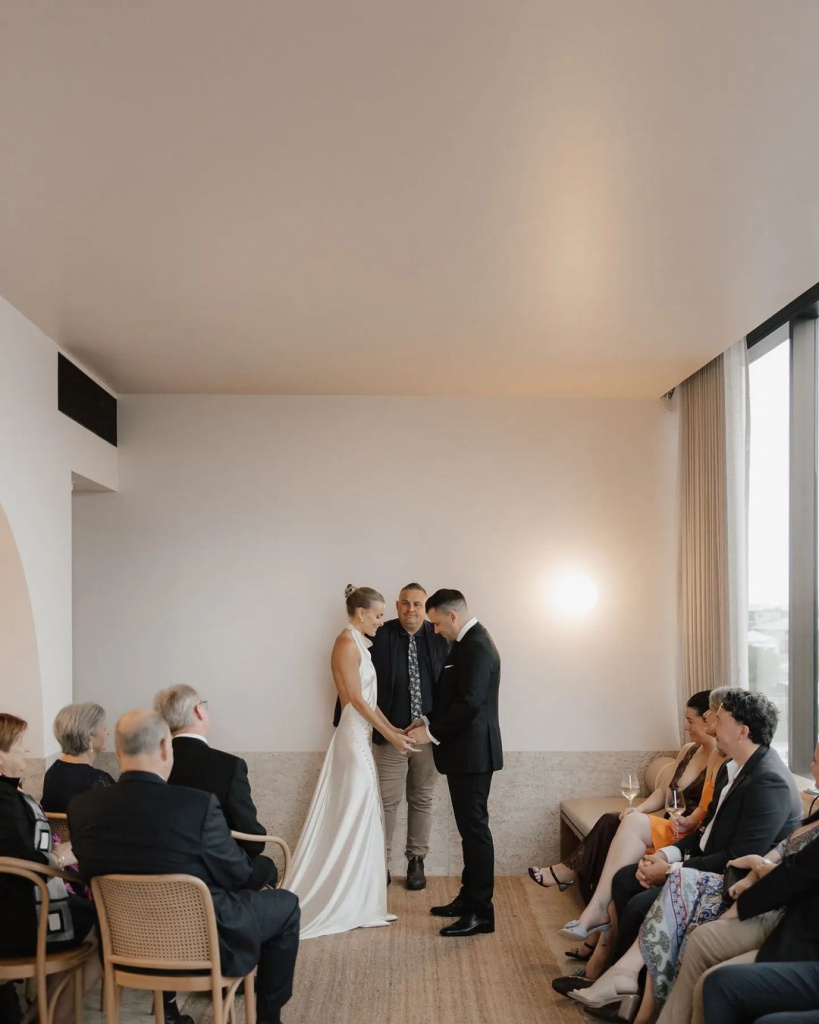
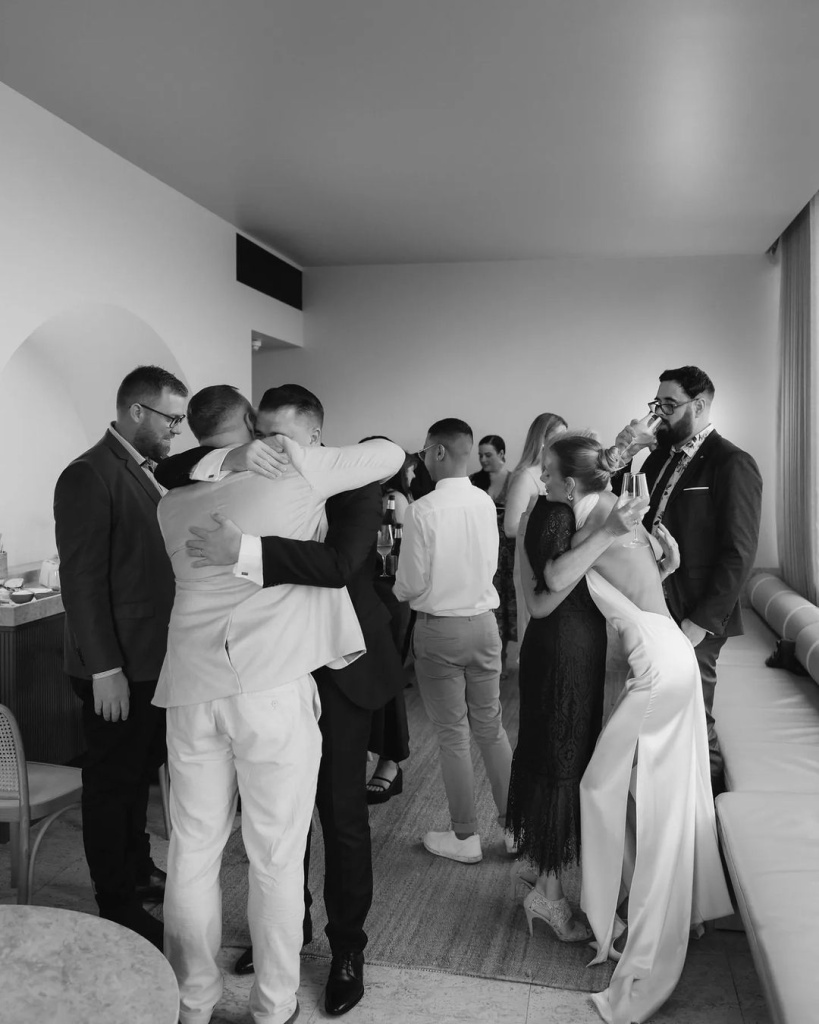
Moving on to the charming concept of a minimony wedding, think of it as the essence of a wedding distilled into its most meaningful components. A minimony typically includes up to 10 people and is often considered a commitment ceremony before a later, larger celebration. This can be particularly appealing for couples who don't want to delay their official union due to unforeseen circumstances like a global pandemic.
A minimony focuses on the core elements of a wedding: the vows, the commitment, and the celebration of love. It often includes a small group of loved ones, simple yet elegant decorations, and the heartfelt intimacy that only a close-knit gathering can offer.
What Is the Difference Between an Elopement and a Micro-Wedding?
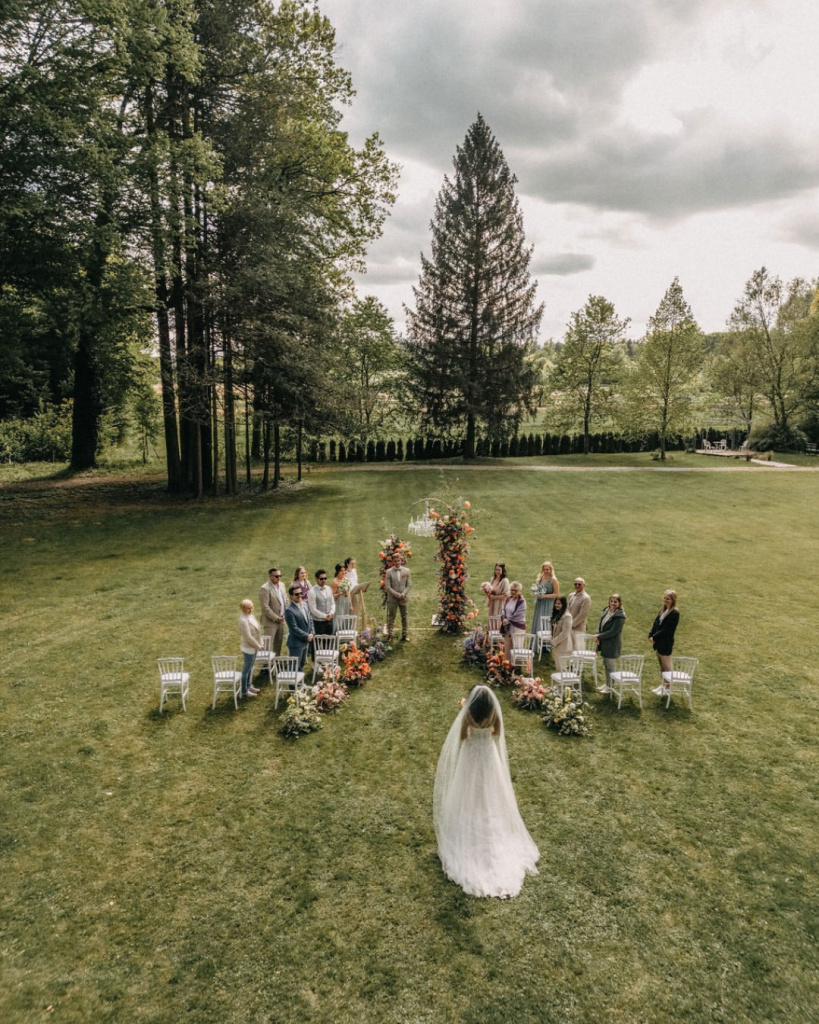
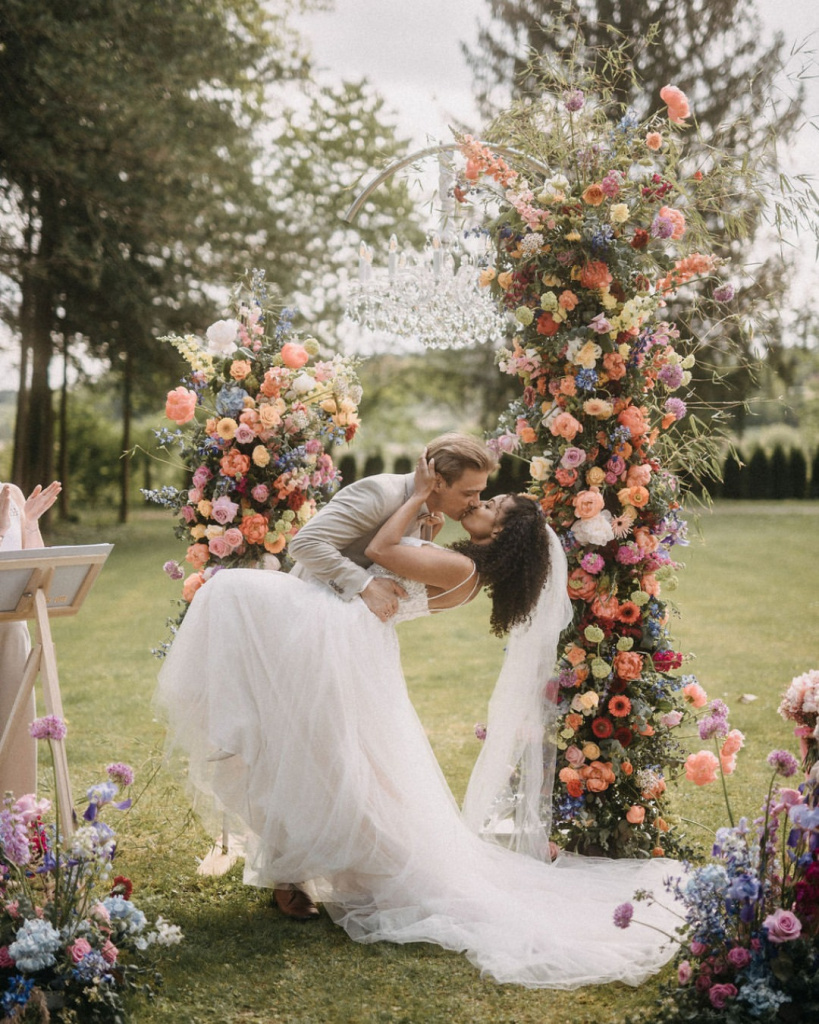
The distinction between an elopement and a micro-wedding often revolves around scale, secrecy, and ceremony, but there's more to each than meets the eye. Understanding the nuances can help couples choose the style that best fits their vision for the big day.
General Distinctions

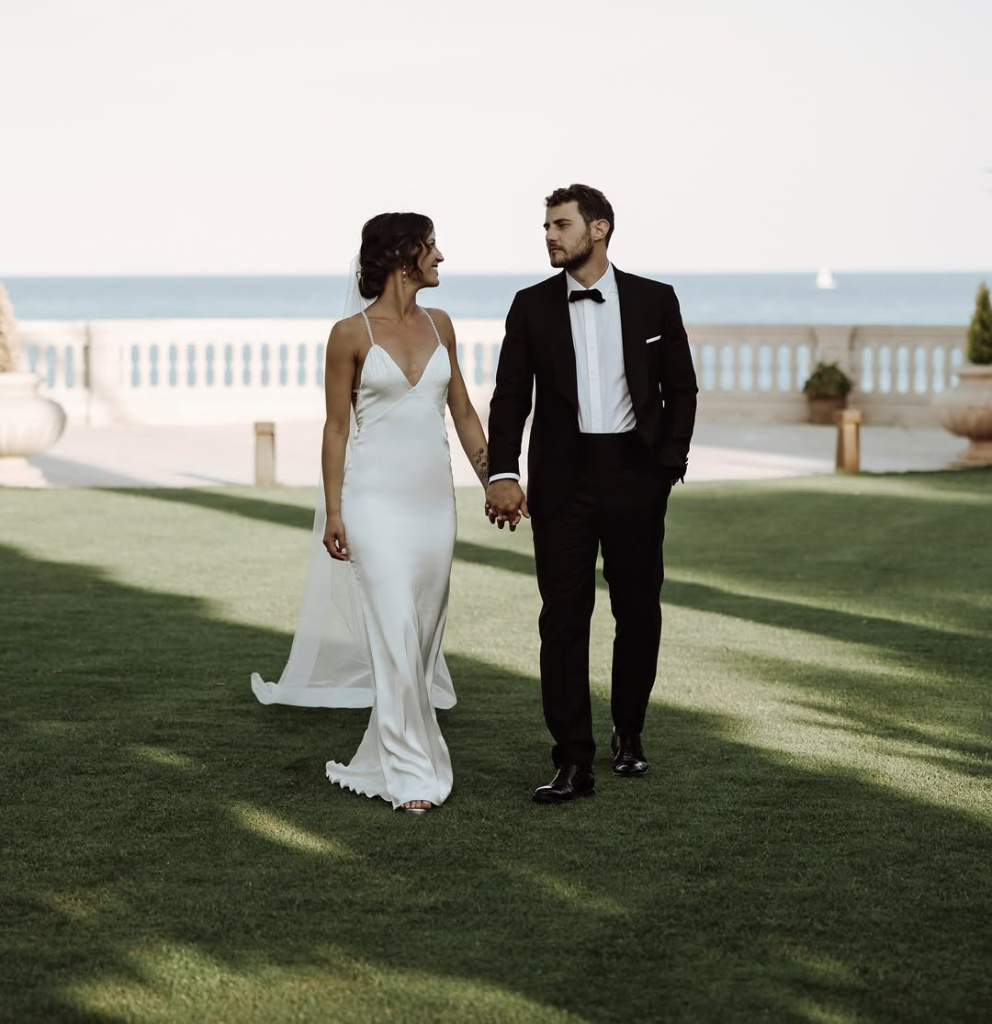
Elopements are traditionally seen as spontaneous and private events, often involving just the couple and a very small number of guests, if any. Today, elopements have evolved beyond just running off to get married in secret. Many couples now plan their elopements carefully, choosing scenic destinations or meaningful locales to exchange their vows. The focus is primarily on the couple's experience, making the day purely about their love and commitment without the logistical or social pressures of a traditional wedding. It's intimate, personal, and often less formal. The beauty of an elopement lies in its simplicity and the profound focus on the couple's bond.
Micro-weddings, while also intimate, are more structured and retain many elements of a traditional wedding, just on a smaller scale. These events are characterized by careful planning, curated guest lists, and detailed attention to elements like decor, catering, and photography. Micro-weddings allow couples to celebrate with their closest friends and family in a more relaxed setting, where everyone can interact and share the joy intimately. The event is less about eluding attention and more about celebrating the union in a way that feels deeply personal but still acknowledges the importance of communal celebration.
Planning and Customization Differences


Another significant difference lies in the planning and customization of the event. Elopements are often less about fanfare and more about the moment itself. They can be organized quickly and with minimal arrangements, sometimes even without a formal reception or party. This makes elopements particularly appealing to those who prefer minimal stress and planning.
Micro-weddings, on the other hand, usually involve more planning. Couples might spend more time selecting the perfect venue that fits all guests comfortably, crafting a detailed menu that caters to the tastes of each attendee, and organizing activities that make the event special for everyone involved. There's a higher degree of personalization in micro-weddings, from custom invitations and thoughtful favors to elaborate floral arrangements and a carefully chosen playlist.
Emotional Tone and Guest Interaction
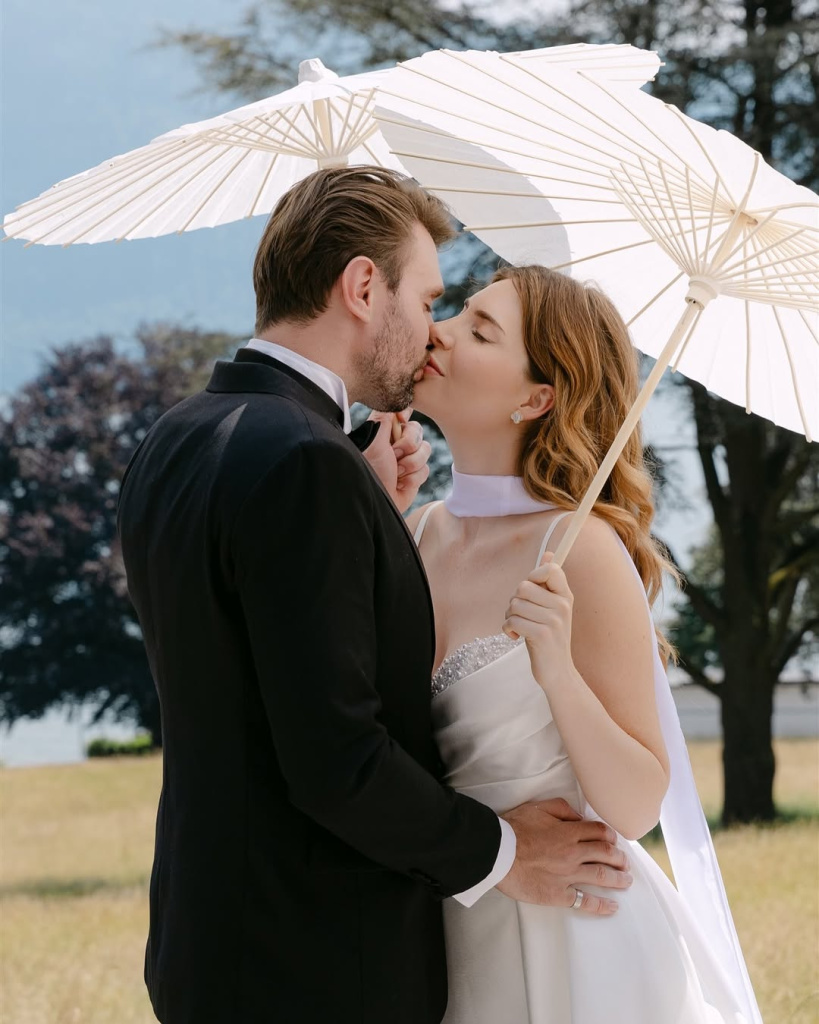
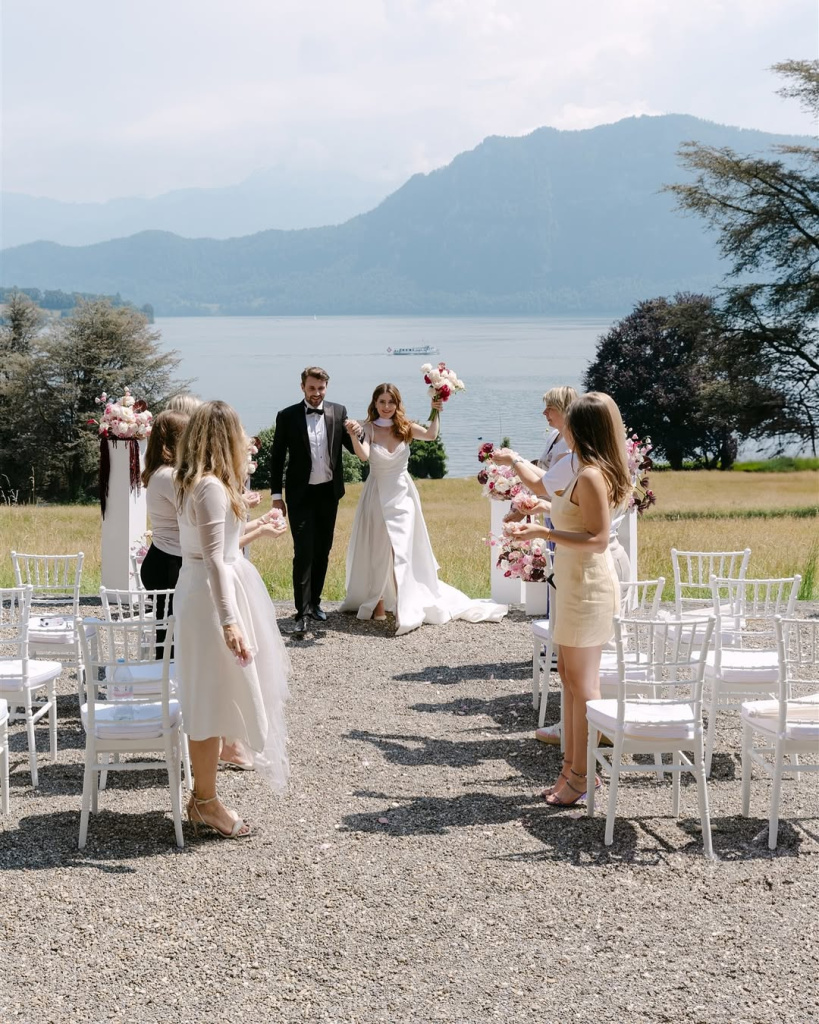
The emotional tone and level of guest interaction also differ between elopements and micro-weddings. Elopements are highly emotional, intimate affairs that are primarily about the couple. In contrast, micro-weddings often feature many traditional elements of a wedding, such as speeches, dances, and cakes, which create a festive, inclusive atmosphere. This setup not only celebrates the couple’s union but also fosters interactions among guests, making it a collective celebration.
Average Cost of Micro-Weddings
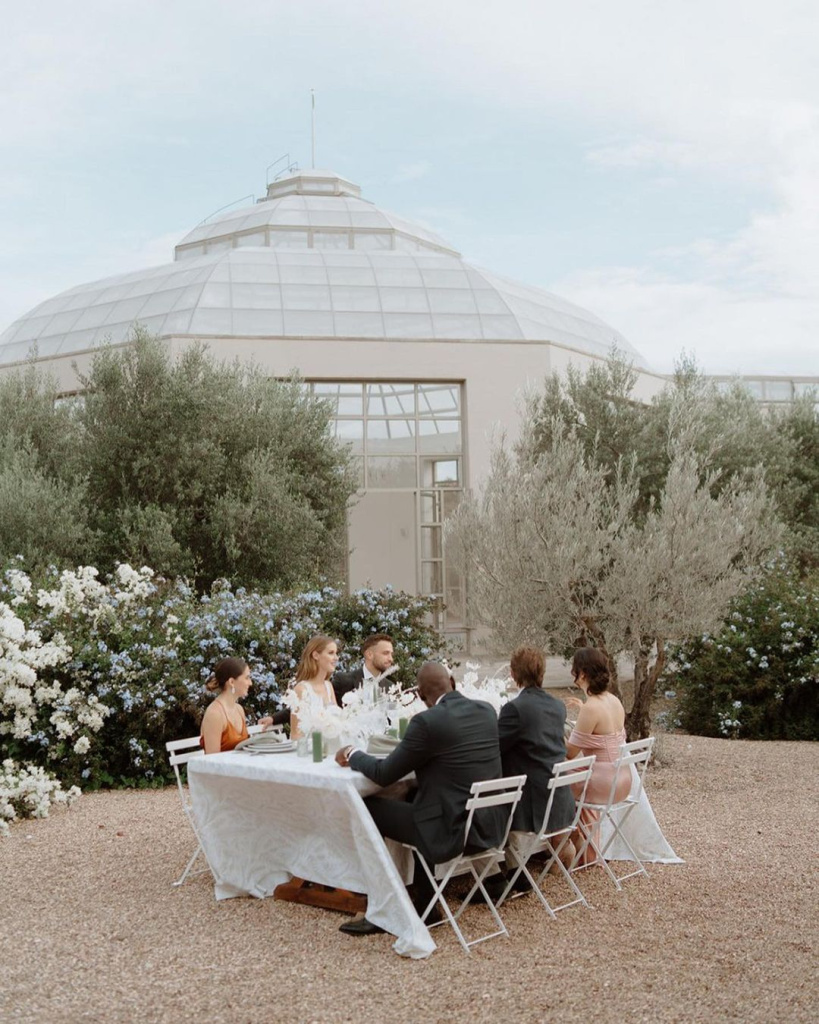
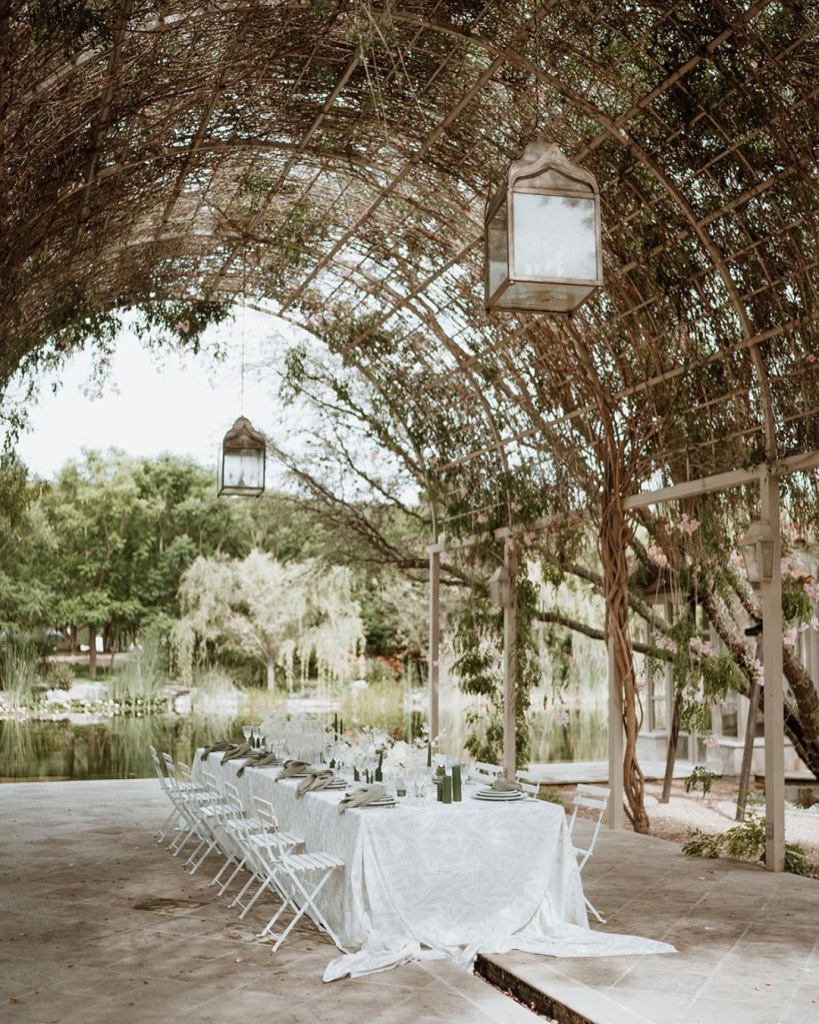
When planning a micro-wedding, one of the appealing aspects is the potential cost savings compared to a traditional, large-scale wedding. Here, we'll break down the average costs associated with hosting a micro-wedding, looking at various elements from venue to decorations, to give you a better understanding of where your budget might be allocated.
Venue
The venue cost can vary significantly depending on location and the type of space you choose. For a micro-wedding, you might spend anywhere from $500 to $5,000. Smaller venues like community halls, gardens, or even a family home can often be secured at the lower end of this range, while more exclusive locations like boutique hotels or historic mansions may command higher fees.
Catering
Food and beverage costs will largely depend on the number of guests and the type of dining you choose. On average, catering for a micro-wedding can range from $20 to $100 per person. Opting for a buffet or cocktail-style reception can be less expensive than a full sit-down dinner with multiple courses.
Attire
Wedding attire can be a significant expense, with the average wedding dress costing anywhere from $500 to $2,000 and the groom’s attire ranging from $100 to $500. However, with a more intimate wedding, some couples choose to dress more simply or even wear something they already own, which can reduce this cost considerably.
Photography and Videography
Even for a micro-wedding, many couples choose to hire a professional photographer to capture the day. Photography can range from $1,000 to $5,000 or more for a day’s coverage. Videography, if desired, will add to this cost, potentially doubling it depending on the package and provider.
Decorations
Decor costs can vary widely based on how elaborate your plans are. For micro-weddings, you might spend anywhere from $200 to $2,000 on decorations. DIY decor or simple, elegant touches can help keep this cost lower.
Music and Entertainment


Hiring a DJ or a live band for a few hours might cost between $500 and $2,000. Alternatively, for smaller, more intimate venues, a single musician or a playlist with a good speaker system might suffice, significantly reducing the cost.
Miscellaneous Expenses
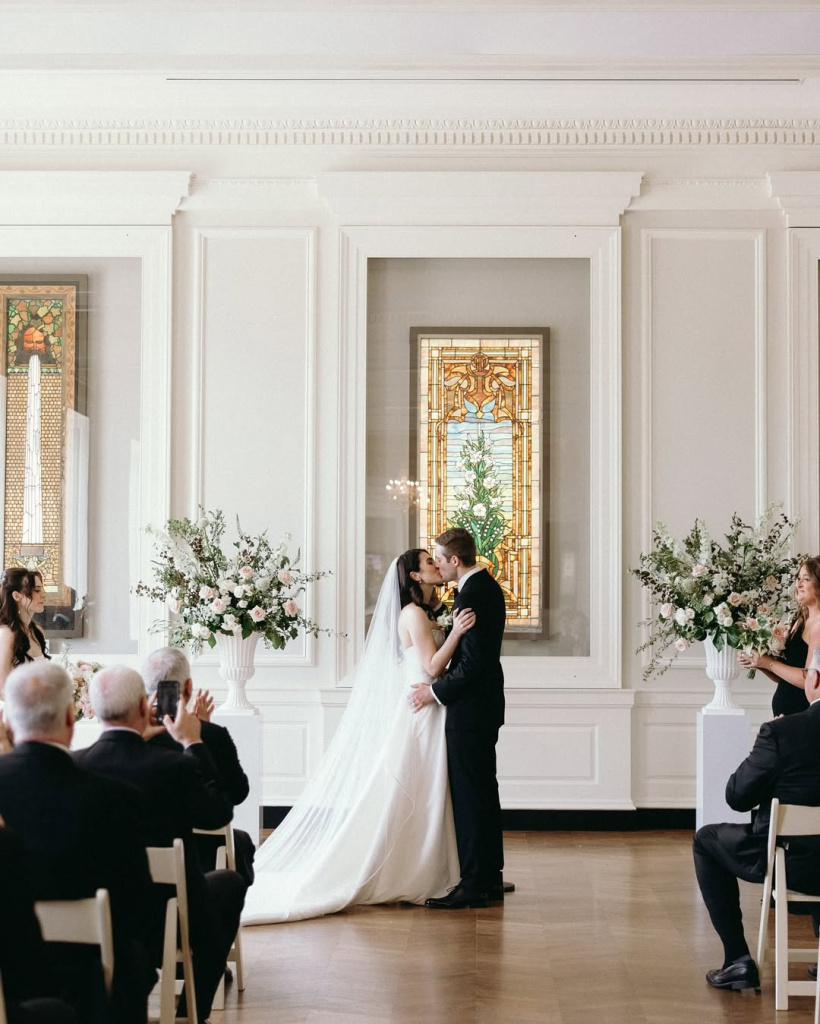
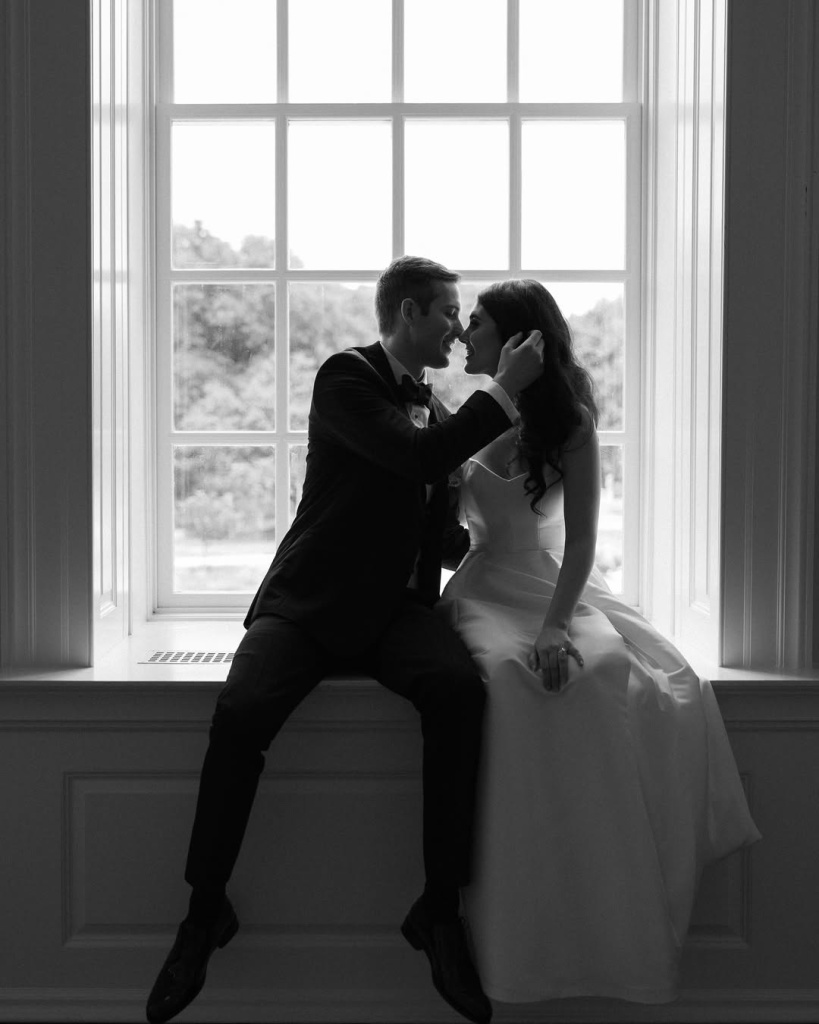
Other expenses to consider include invitations, which can range from $100 to $500 depending on the style and quantity, and officiant fees, which can vary from $50 to $500. Small, personal touches, like custom favors or a specialty cake, can also add varying amounts to the overall budget.
Total Average Cost
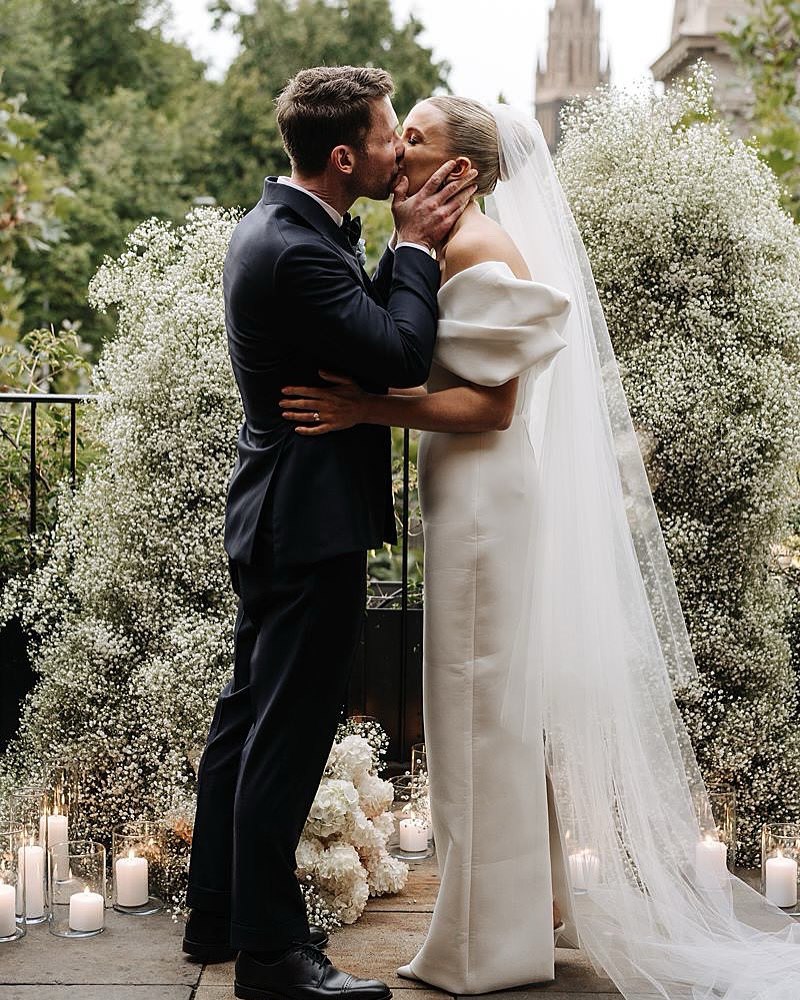
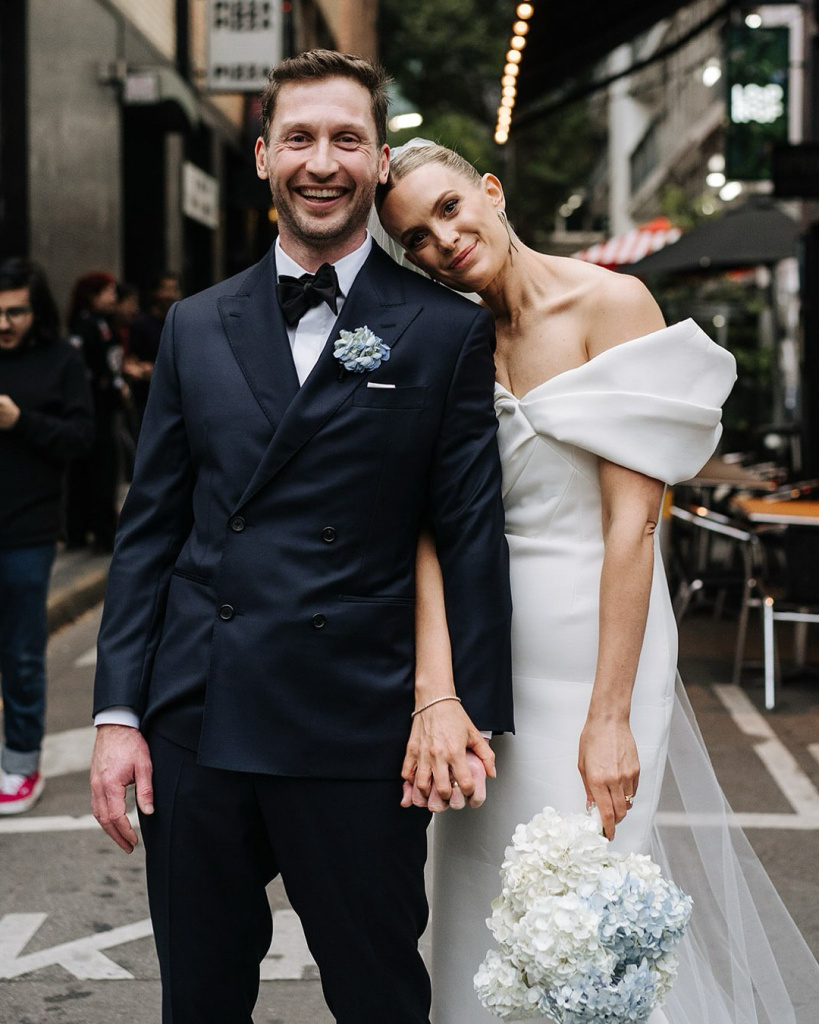
Overall, while traditional weddings can easily cost upwards of $35,000, the total cost for a micro-wedding typically ranges from $3,500 to $20,000. This range is quite broad because it depends heavily on personal choices and local pricing, but it usually represents significant savings, allowing for a more luxurious experience per guest or the ability to allocate resources to other areas, like a dream honeymoon or future investments.
Mini-Wedding Planning Tips
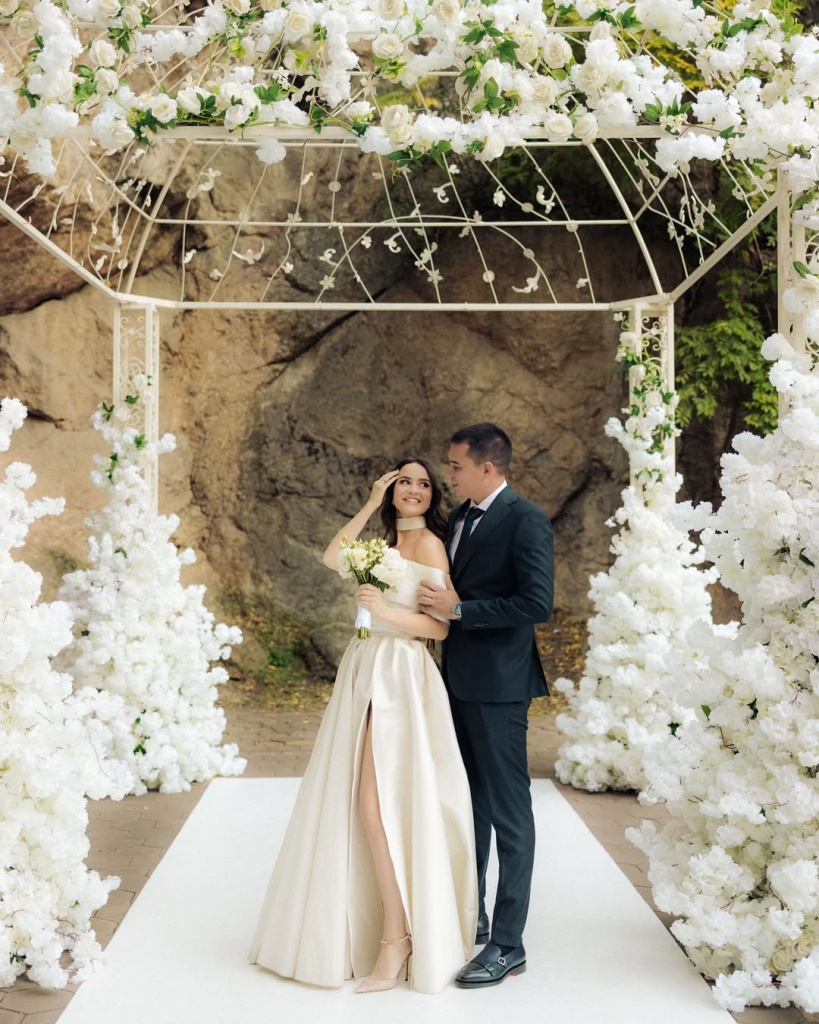

Planning a mini-wedding combines the beauty of a traditional wedding with the intimacy and personal touch of a smaller gathering. With fewer guests and potentially fewer formalities, planning your special day requires thoughtful consideration to ensure every element reflects your personal style and vision. Here are some practical tips to help you navigate the process, making sure your mini-wedding is as unforgettable and unique as your relationship.
Tip 1: Prioritize Your Guest List
Deciding who makes the cut for your mini-wedding can be challenging but also liberating. Focus on inviting only those who are truly significant to both you and your partner. This not only makes the event more intimate but ensures you are surrounded by love and support on your special day, enhancing the emotional depth and meaning of your celebration.
Tip 2: Splurge on Key Elements
With a smaller guest list, you can allocate more of your budget to select high-impact elements that will make your wedding truly stand out. Consider investing in an exceptional photographer, luxurious floral arrangements, or a gourmet menu that might have been out of reach for a larger wedding. These elements can transform your mini-wedding into a lavish, memorable event.
Tip 3: Choose a Meaningful Venue
Select a venue that holds special significance for you and your partner or one that speaks to your shared tastes and interests. A smaller wedding allows for more unique venues, such as art galleries, historical homes, or a scenic outdoor space that reflects your personal story or aesthetic, making your wedding feel even more personalized and unique.
Tip 4: Simplify Your Decor
Embrace the beauty of simplicity when it comes to decorating your venue. With fewer tables and more confined space, simple, elegant decorations can make a strong impact without overwhelming the senses. Consider using natural elements, like flowers and greenery, to enhance the venue’s charm while keeping the decor sophisticated and tasteful.
Tip 5: Personalize Your Ceremony
A mini-wedding gives you the flexibility to tailor every aspect of your ceremony. Include personal vows, choose meaningful music, or incorporate a unique ritual that signifies your union. These personal touches will resonate more deeply with your guests and make your ceremony unforgettable.
Tip 6: Consider a Weekday Wedding
Opting for a weekday can be a great choice for a mini-wedding, as it often allows for more venue choices and can be more cost-effective. This option might also make it easier to book your ideal venue and vendors who may be less in demand than on weekends.
Tip 7: Communicate Clearly with Vendors
With fewer moving parts, clear communication with your vendors becomes even more crucial. Make sure they understand your vision and are on board with the intimate scale of your event. This ensures that everyone is aligned and can deliver their services effectively, contributing to a seamless celebration.
Tip 8: Create a Detailed Itinerary
Even a small wedding benefits from a well-thought-out schedule. A detailed itinerary helps manage the flow of the event, ensuring that all activities are timed perfectly and everyone knows their roles. This helps to minimize stress on the wedding day and ensures that everything runs smoothly.
Tip 9: Embrace Technology
Use technology to enhance your wedding experience. Whether it's a live stream for those who couldn't make it or interactive apps for guest photos and messages, technology can help you extend the celebration beyond the physical venue and keep all guests engaged.
Tip 10: Make Every Detail Count
In a mini-wedding, every detail offers an opportunity to express your personal style and preferences. From the choice of table linens to the wedding favors, each element should reflect your personality and enhance the overall experience of your guests, making the celebration uniquely yours.







